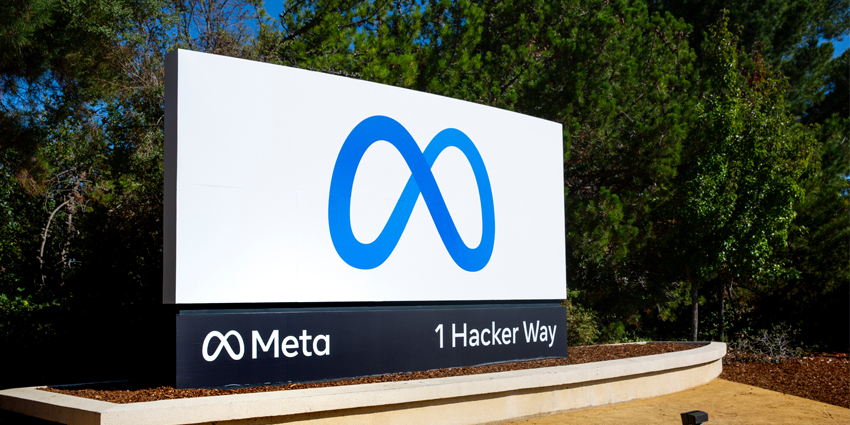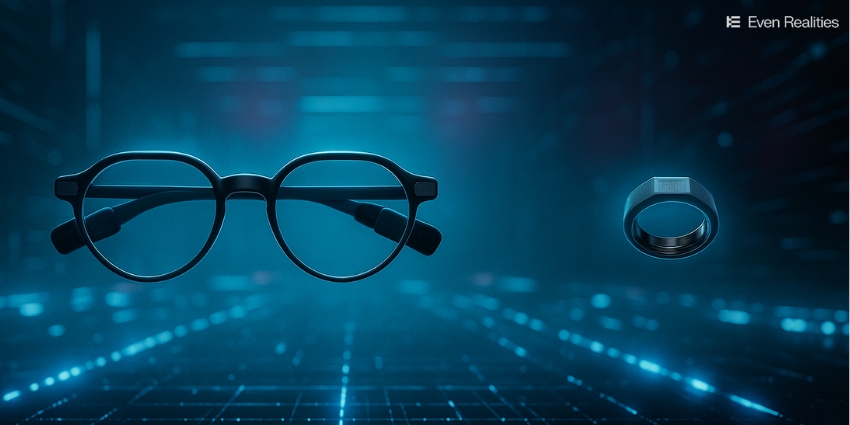This week, just days before Meta’s Connect 2024 event, EssilorLuxottica, the firm’s partner behind its Ray-Ban Stories AR product, announced an extended partnership into the 2030s.
According to EssilorLuxottica, the extended contract with Meta showcases a working relationship between the two firms to create “multi-generational smart eyewear products.”
The firm is experiencing sales success with its current iterations of the Ray-Ban Stories product, currently distributing the device in the US, CA, UK, Australia, Austria, Belgium, Denmark, Finland, France, Germany, Ireland, Italy, Norway, Spain, and Sweden.
The news comes after Ray-Ban Stories surpassed sales of Ray-Ban’s first generation of smart glasses, leading Meta to buy a 5 per cent stake in EssilorLuxottica. According to calculations by Reuters, based on LSEG data, the stake could be worth $4.73 billion, with an overall company valuation of over $94 billion.
Meta is keen to extend its AR smart glasses roadmap based on this landmark success. Francesco Milleri, Chairman and CEO of EssilorLuxottica, said:
The incredible work we’ve done with Meta, still in its early stages, has already proven to be an important milestone in our journey to making glasses the gateway to the connected world.
Moreover, Mark Zuckerberg, founder and CEO of Meta, added that he is “excited” about the long-term roadmap, stating that we “have the opportunity to turn glasses into the next major technology platform and make it fashionable in the process.”
Zuckerberg Banks on AR Smartglasses
Earlier in the year, Zuckerberg cemented the success of Ray-Bay Meta smart glasses and gave early hints about expanding production: “The Ray-Ban Meta product, the demand for it has been so much higher than we expected, which, on the one hand, you love to see, on the other hand, it’s sort of a bummer that we haven’t made enough of them, and it’s sold out in most of the styles,” he remarked.
Meta’s future with AR smart glasses is becoming increasingly clear with each passing month in 2024. Zuckerberg is quite vocal about his belief in the potential of this hardware. During SIGGRAPH this year, Zuckerberg expressed his optimism about the future of AR smart glasses, stating:
For smart glasses we’ve been going at the problem from two different directions. On the one hand, we’ve been building what we think is the technology that you need for ideal holographic AR glasses, it’s really quite impressive. We’re doing all the custom silicon work, all the custom display stack work, all the stuff that you need to do to make that work. And their glasses, right? It’s not a headset. It’s not like a VR headset. They look like glasses, but they’re still quite a bit far off from the glasses that you’re wearing now.
Reports indicate that Meta will unveil details about the long-awaited Orion, a forthcoming pair of AR smart glasses, at Connect 2024. Meta has slowly released this information to the public over the years, and it seems to be aiming for a significant impact during the same year as the Apple Vision Pro.
In a recent Q&A, Meta CTO Andrew Bosworth confirmed that an AR product would be present during the showcase, explaining:
Groundbreaking. I think the AR announcement will be very groundbreaking. We’ve already kind of teased it,when people start to be able to experience it, I think that’s going to really turn some heads. The big announcements are a big deal, and [they] will have a huge impact on the trajectory of VR and MR in the next couple of years. But I don’t know if that counts as ground-breaking.
The path forward is becoming more apparent, as Meta recently posted a job listing for a Business Development Manager at its Reality Labs division. The listing specifies that the role will involve assisting with the company’s global launch deals and supporting an AR product roadmap. Mirroring the recent EssilorLuxottica contract extension.
Meta has announced that it will discontinue Spark, its AR SDK, to cater for more advanced smart glasses. This means developers can no longer create essential AR content using Spark for Meta’s smartphone social media platforms. However, AR integrations on platforms like Messenger, Instagram, and Facebook will still be available, but only first-party Meta AR content will be accessible on these applications.
The discontinuation of Meta Spark is controversial; however, it seems to be a way for Meta to have more control over the distribution of AR content across its applications, part of Meta’s efforts to focus on AR smart glasses in the future.
“We looked at what it would take to build great experiences in MR/AR; we realized that Spark was the wrong technical foundation for that type of work. So we gotta move to what we think is the right one to enable [that]”, remarked Bosworth in the same QandA.
Meta’s AR smartglasses roadmap comes as the sector is looking to boom and overtake AR smart glasses. According to some market forecasts, the growth rates of smart glasses have the potential to bring new opportunities to enterprises and could replace VR headsets.







